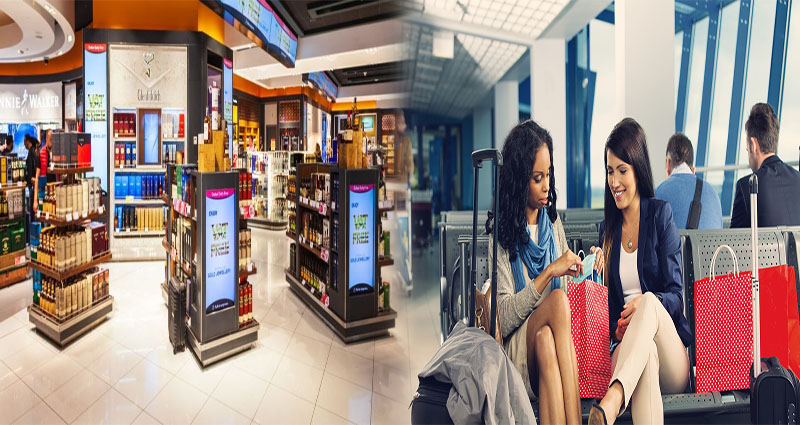In today’s fast-paced digital world, implementing innovative marketing strategies has become crucial for businesses in every industry. The travel retail sector is no exception, as it constantly seeks new and creative ways to attract and engage customers in this highly competitive market. One area that has proven to be particularly effective is innovative digital marketing.
Digital marketing offers numerous opportunities for travel retailers to connect with their target audience, build brand awareness, and drive sales. By staying on top of the latest trends and technologies, travel retailers can differentiate themselves from competitors and provide a unique customer experience. Let’s explore some innovative digital marketing techniques that are transforming the travel retail industry.
Virtual Reality (VR) and Augmented Reality (AR)
Virtual reality and augmented reality have made significant advancements in recent years and have found their way into the travel retail industry. By using VR and AR technologies, travel retailers can provide customers with immersive experiences that help them visualize destinations, accommodations, and attractions.
For example, a travel retailer can create a VR experience that allows customers to virtually tour a hotel or a popular tourist location. This not only enhances the customer’s decision-making process but also creates a memorable and engaging interaction with the brand. AR, on the other hand, can be used in-store to provide interactive experiences, such as virtual fitting rooms or information overlays on products.
Artificial Intelligence (AI) and Chatbots
AI and chatbots are revolutionizing customer service in the travel retail industry. Chatbots, powered by AI, can provide instant responses to customer inquiries, helping them with travel recommendations, flight bookings, or resolving any issues they might encounter during their journey. AI-powered chatbots can understand and analyze customer preferences, allowing retailers to provide personalized recommendations and targeted promotions.
Moreover, AI can be used to analyze large amounts of customer data, enabling travel retailers to gain valuable insights into customer patterns and behavior. This information can then be used to create more personalized marketing campaigns and improve overall customer satisfaction.
Social Media Influencer Marketing
Influencer marketing has become a significant component of digital marketing strategies across various industries, including travel retail. Social media influencers possess a loyal following and can effectively influence their audience’s travel decisions. By partnering with influencers, travel retailers can leverage their reach and credibility to promote their products and services.
Instead of traditional advertisements, influencers can create engaging content that showcases their travel experiences, featuring the retailer’s offerings. This helps in creating an authentic connection between the brand and the potential customers. Travel retailers can also collaborate with micro-influencers, who have a smaller but highly engaged audience and are often more affordable.
Data-driven Personalization
Personalization is key to successful marketing, and the travel retail industry is no different. By utilizing customer data, travel retailers can provide highly targeted and relevant content to their potential customers. This can include personalized emails, tailored advertisements, or even customized travel itineraries based on the customer’s preferences.
Through data-driven personalization, travel retailers can deliver more meaningful interactions, resulting in increased customer engagement and conversions. Analyzing customer data can also help retailers identify trends and market opportunities, enabling them to stay ahead of the competition and offer more personalized and innovative experiences.
Implementing innovative digital marketing strategies is essential for travel retailers to succeed in the competitive travel retail industry. By embracing technologies like VR and AR, leveraging AI and chatbots for customer service, utilizing influencers’ reach, and harnessing the power of data-driven personalization, travel retailers can set themselves apart and engage customers in a more meaningful way. By continuously exploring new digital marketing trends, travel retailers can stay ahead of the curve and provide unforgettable experiences for their customers.








